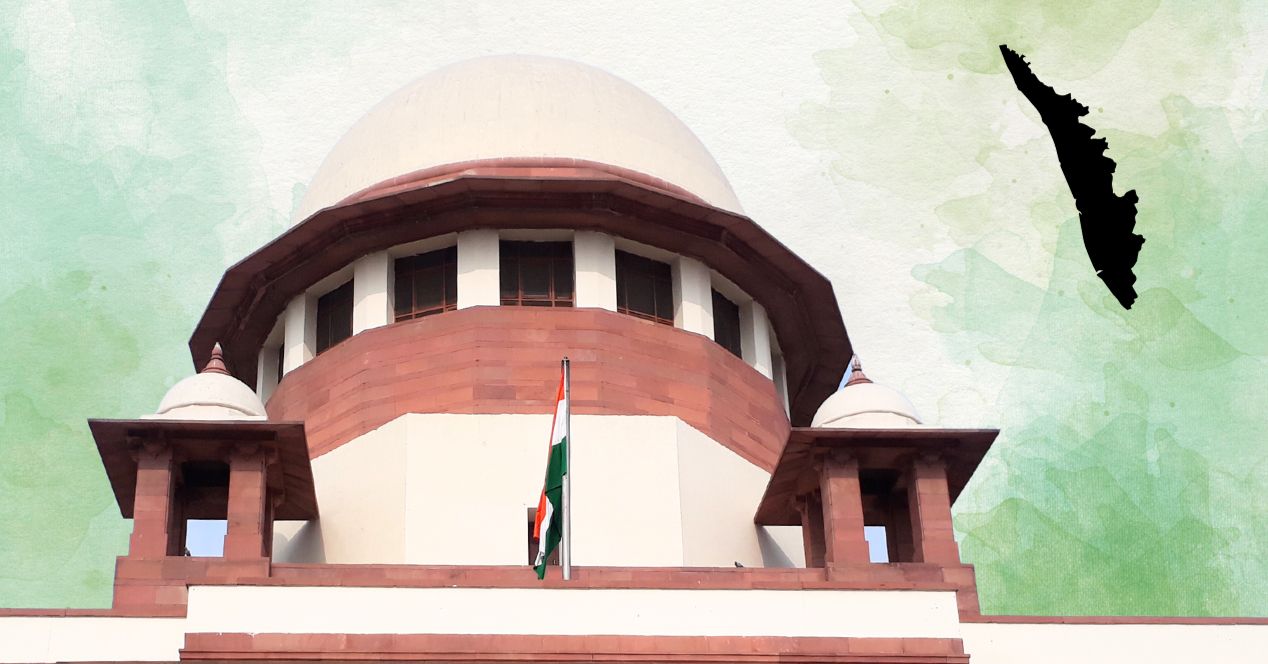Kerala Governor’s Withholding of Bills | Day 1: Kerala Government argues Governor’s inaction a violation of people’s rights
Pendency of bills before the Governor of KeralaJudges: D.Y. Chandrachud CJI, J.B. Pardiwala J, Manoj Misra J
The three-judge bench heard a petition filed by the State of Kerala challenging the inaction of the Governor of Kerala, Arif Mohammad Khan, on eight Bills passed by the Kerala Legislative Assembly.
The State requested the Supreme Court to direct the Governor to act on the pending Bills within a reasonable timeframe, contending that indefinite delay undermines the will of the legislature. This case raises a crucial constitutional question: whether a Governor can effectively veto legislation through inaction, bypassing the explicit options provided in Article 200.
List of Eight Bills Pending Assent of the Kerala Governor as of 20 November 2023
- University Laws Amendment Bill (1st Amendment) 2021 (Bill No 50) | Pending for 23 months
- University Laws Amendment Bill (1st Amendment) 2021 (Bill No. 54) | Pending for 23 months
- University Laws Amendment Bill (2nd Amendment) 2021 [APJ Abdul Kalam Technical University (Mal)] | Pending for 23 months
- Kerala Co-operative Societies Amendment Bill 2022 [MILMA] | Pending for 14 months
- University Laws Amendment Bill 2022 | Pending for 12 months
- Kerala Lok Ayukta Amendment Bill 2022 | Pending for 12 months
- University Laws Amendment Bill 2022 | Pending for 9 months
- Public Health Bill 2021 | Pending for 7 months
State of Kerala: “The conduct of the Governor defeats the rights of the people”
The Government of Kerala had approached the Supreme Court on 1 November 2023 with a writ petition filed under Article 32, contending that the Governor has failed his constitutional duties by causing unreasonable delay in giving assent to the 8 pending bills. The petition states that public interest necessitates the swift conversion of Bills into law.
Senior Advocate K.K. Venugopal, appearing for the petitioners, argued that the extended pendency of these bills not only disregards people’s democratic right to have their elected representatives’ will enacted, but also withholds vital welfare legislation. “For two years a welfare bill is not allowed to be law. The governance of the state is suffering. This is adversarial. Unless your lordships step in very strongly, it will affect citizens,” he argued.
In addition to the writ petition, a 461-page Special Leave Petition (SLP) was filed appealing a November 2022 decision of the Kerala High Court, where a Division Bench of Chief Justice S. Manikumar and Justice Shaji P. Chaly held that it cannot fix a time limit for the Governor to give assent to bills. “The conduct of the Governor…threatens to defeat and subvert the very fundamentals and basic foundations of our Constitution, including the rule of law and democratic good governance, apart from defeating the rights of the people of the State to the welfare measures sought to be implemented through the Bills,” the SLP states.
“This is an endemic situation,” warns Venugopal
Venugopal first argued that Article 168 of the Constitution establishes the Governor as an integral part of the legislature, implying that the Governor has a Constitutional obligation to ensure efficient enactment of laws. To highlight the Governor’s active role in lawmaking, Venugopal noted that Governor Khan had promulgated three Ordinances (Items 1, 2 and 6 in Table 1) which were subsequently enacted into law by the legislature. This shows the Governor initially supported the legislative intent of these bills, clearly indicating he found no constitutional issues with the State legislature’s authority to enact them.
The government strongly contended that the Governor’s prolonged inaction is manifestly arbitrary and constitutes a violation of the fundamental principle laid down in Article 14.
“This is an endemic situation,” said Venugopal. Several non-BJP States have sought the Supreme Court’s intervention against their Governors for ‘unreasonable delays’ in enacting crucial Bills. Even as the Kerala hearings progressed, the Tamil Nadu government was informing the Court of a similar issue involving 12 bills awaiting the Governor’s assent, which the Supreme Court heard separately. Previously on 6 November 2023, a bench led by CJI Chandrachud, addressing a similar petition from the State of Punjab, reprimanded the Governor with a reminder that he “should not be oblivious of the fact that he is not an elected authority.”
Supreme Court issues notice, schedules next hearing for November 24
After hearing the initial arguments, the Supreme Court took cognisance of the Kerala State’s petition and issued a notice to the Chief Secretary to the Governor and the Union government, seeking a formal response. The Court requested the presence of Attorney General R. Venkatramani or Solicitor General Tushar Mehta.
The matter was scheduled for further hearing on 24 November.
